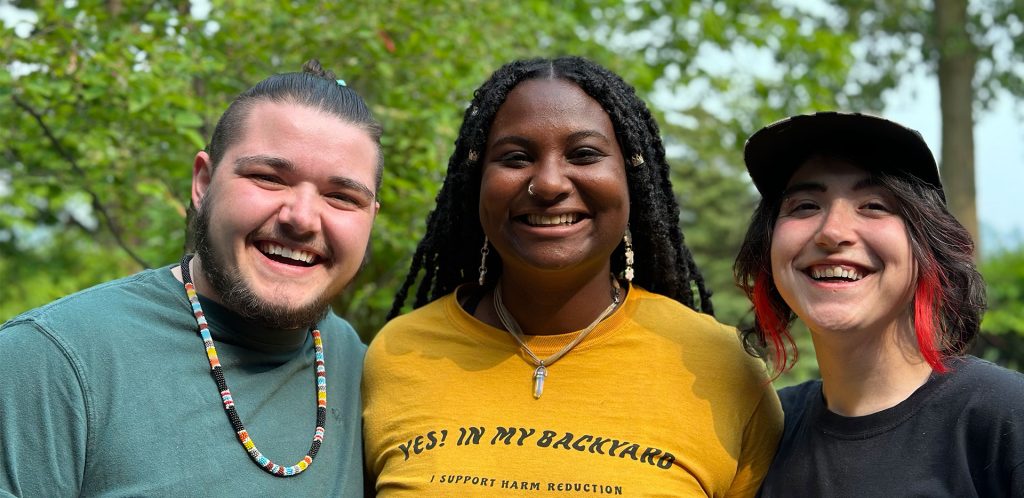What are the basic facts about cannabis?
This is a great place to start, but we’re warning you – there is a lot to know even just about the basics! A good resource to get you started is the Canadian Public Health Association’s Cannabasics document, which covers products and ingredients, methods of consumption, some reasons people may use cannabis, and some ways to reduce its potential harms. We’ve also discussed the reasons for use in more detail here, as well as some ways to reduce harms here
You may also have heard about different cannabis “strains” (fun fact, there is now a movement to more accurately describe varieties of cannabis as “cultivars” or “chemovars” as these descriptors of plants and chemical combinations, respectively, are more appropriate to use for cannabis than “strain” which is used for viruses and bacteria). Although there is a lot of information out there about the different properties of the two main strains, Sativa vs. Indica, scientifically (and legally), there is no difference between these two types of cannabis plants. All cannabis plants are now considered to be Cannabis Sativa L.
They were originally different strains of cannabis that came from different regions of the world. However, due to years of interbreeding, cannabis species have cross-pollinated, and studies have shown that there is no longer a difference in plant genetics between plants labeled Indica versus plants labeled Sativa. Interbred plants are sometimes referred to as ‘hybrids’, but effectively most of what’s out there is now a hybrid. The existence of different species of cannabis and how many there are is currently under dispute.
What to look for to get a better idea of what’s in cannabis:
Two key compounds called Tetrahydrocannabinol (THC) and Cannabidiol (CBD).
There are many more important characteristics and differences between different types of cannabis especially when it comes to THC and CBD content.
THC is the compound that is mostly responsible for the “high” feeling (in more scientific terms, it has a greater psychoactive and intoxicant effect), while CBD does not have an intoxicant effect and contributes to the “chill” feeling. CBD is responsible for several medical benefits of cannabis (although THC also has its merit in the medical cannabis world). High THC strains are also usually low in CBD. In previous decades there was more of a balance between the ratio of THC to CBD, but nowadays, cannabis tends to be higher in THC, so finding a high CBD variety can be a bit more difficult, although it might have some payoffs for your health.


